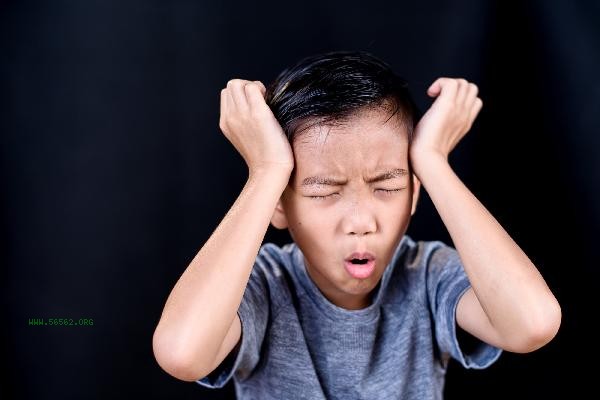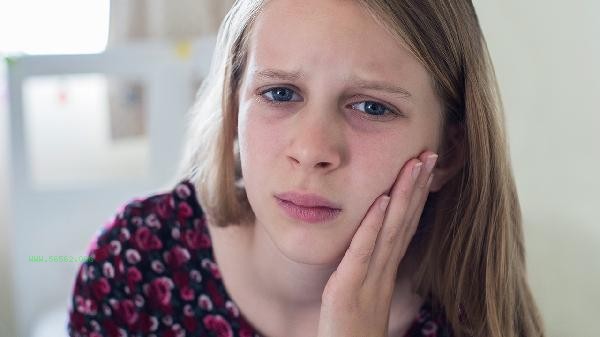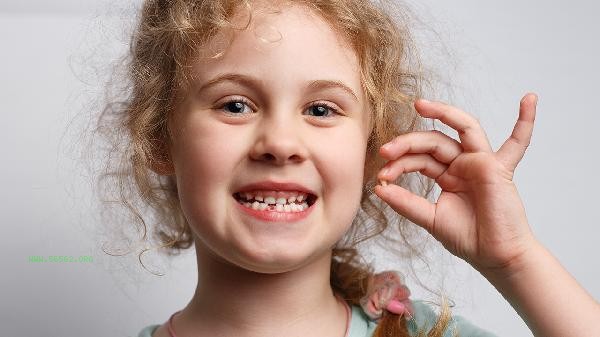The correct methods for children to drink traditional Chinese medicine mainly include controlling the dosage, adjusting the taste, selecting the dosage form, mastering the medication time, and paying attention to the compatibility of drugs. Children's organs are delicate, and the dosage should be adjusted according to age and weight. An appropriate amount of rock sugar or honey can be added to improve taste. It is recommended to choose granules or oral liquids, avoid taking medication on an empty stomach, and strictly follow medical advice to avoid interaction with food or other medications.

1. Control of Dosage
The dosage of traditional Chinese medicine for children is usually one-third to one-half of the adult dosage, which needs to be accurately calculated based on body weight. The dosage for newborns is about one sixth of that for adults, one fourth for children aged 1-3, and one-third for preschool children. When boiling, it is advisable to concentrate the medicine to 50-100 milliliters and take it 2-3 times. Do not increase or decrease the dosage on your own, especially for those with weak spleen and stomach. Reduce dosage and take slowly.
2. Adjust the taste of the medicine
Bitter and cold medicines can be mixed with licorice, and sour and astringent medicines can be improved by adding a small amount of hawthorn to enhance the taste. When the temperature of the soup is maintained at around 40 ℃, the bitterness is weakest. After taking the medicine, immediately take rock sugar or drink light honey water. For children who refuse to take medicine, the medicine liquid can be mixed with rice soup and fruit juice, but citrus may affect the efficacy. Sugar flavoring is prohibited for children with diabetes.
III. Selection of Dosage Form
Granules are easy to control dosage and dissolve quickly, while oral liquids are suitable for infants and young children to swallow. The pills need to be crushed and taken with warm water, while the powder can be mixed with rice paste. Under 3 years old, avoid using honey pills to prevent choking, and external medication should be taken to prevent children from scratching and ingesting them. The hospital decoction needs to be refrigerated and heated separately from water before use.

4. Master the medication time
Tonifying drugs should be taken before meals, and digestive and stasis inducing drugs should be consumed after meals. Anshen medicine should be taken one hour before bedtime, and topical medicine should be taken warm in time when fever occurs. Acute diseases can be taken in small doses 4-6 times a day, while chronic diseases should be taken at a fixed time. Avoid vigorous exercise after taking medication, and avoid eating raw or cold food within half an hour.
Fifth, pay attention to medication compatibility
During the period of taking spleen strengthening traditional Chinese medicine, avoid eating qi breaking foods such as mung beans and radishes, and avoid taking cough suppressants with fishy and fishy substances. antibiotics and traditional Chinese medicine should be separated by 2 hours, and iron supplements should not be taken together with traditional Chinese medicine containing tannins. If rash or vomiting occurs during medication, it should be stopped immediately, and heart rate changes should be monitored for ephedra prescriptions. During the period when children take traditional Chinese medicine, they should maintain a light diet and increase their water intake appropriately to promote metabolism. Parents need to record their medication reactions and have regular follow-up appointments to adjust the prescription. Choose a wide mouth and shallow bowl to hold the medicine to avoid coughing, and for those who refuse to take the medicine, use a dropper to administer it in divided doses. Winter medicine can be kept warm appropriately, and attention should be paid to anti-corrosion and deterioration in summer. Establish a reward mechanism to cultivate medication habits, and avoid pinching the nose and administering medication to prevent aspiration pneumonia. After taking the medication, observe changes in urination, defecation, and sleep, and use massage to enhance the therapeutic effect. Strictly follow the doctor's advice to complete the treatment course.










Comments (0)
Leave a Comment
No comments yet
Be the first to share your thoughts!